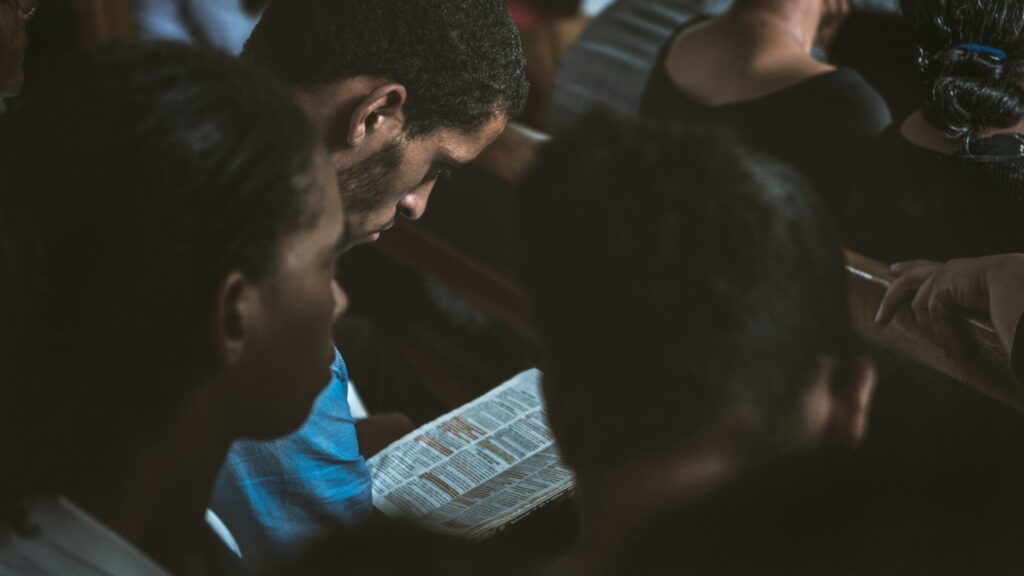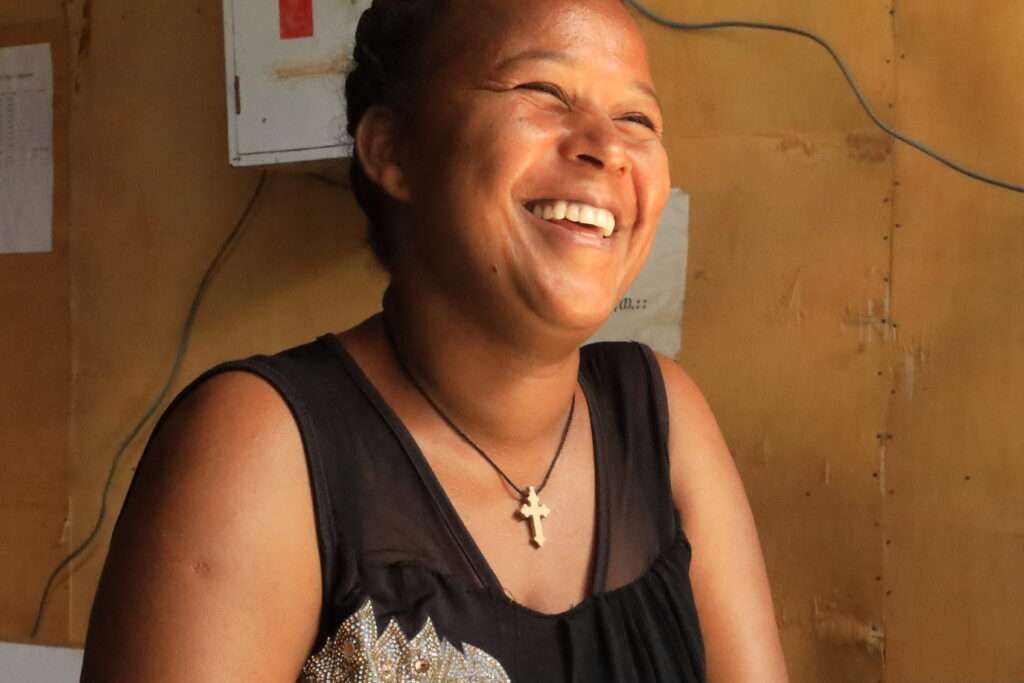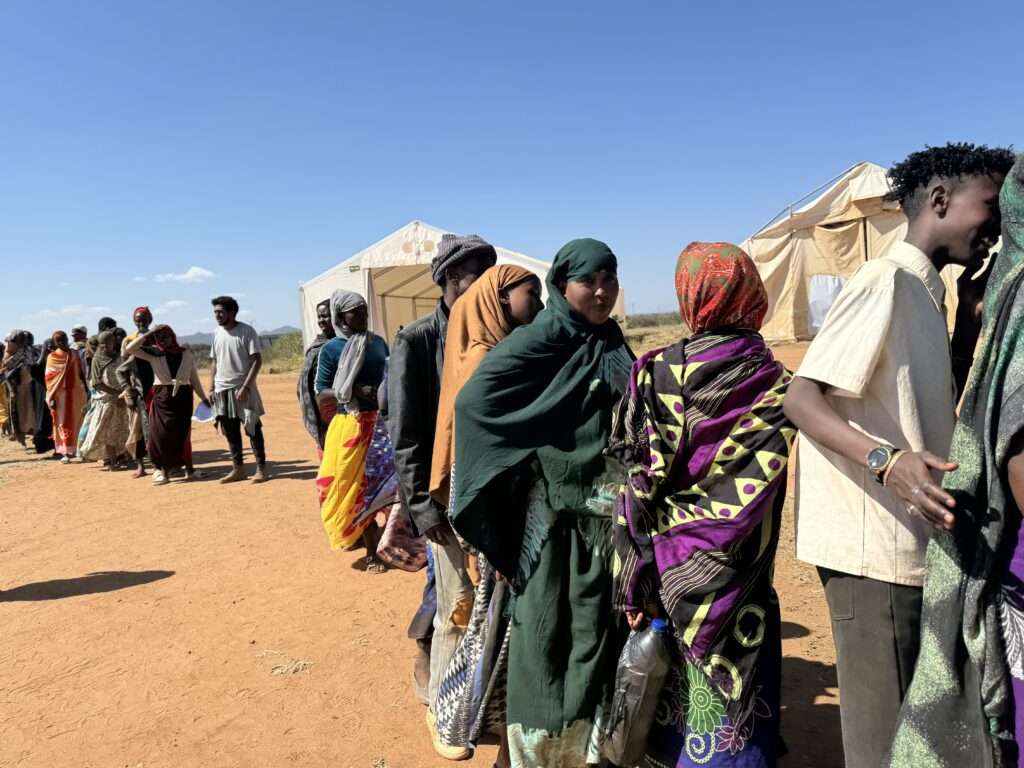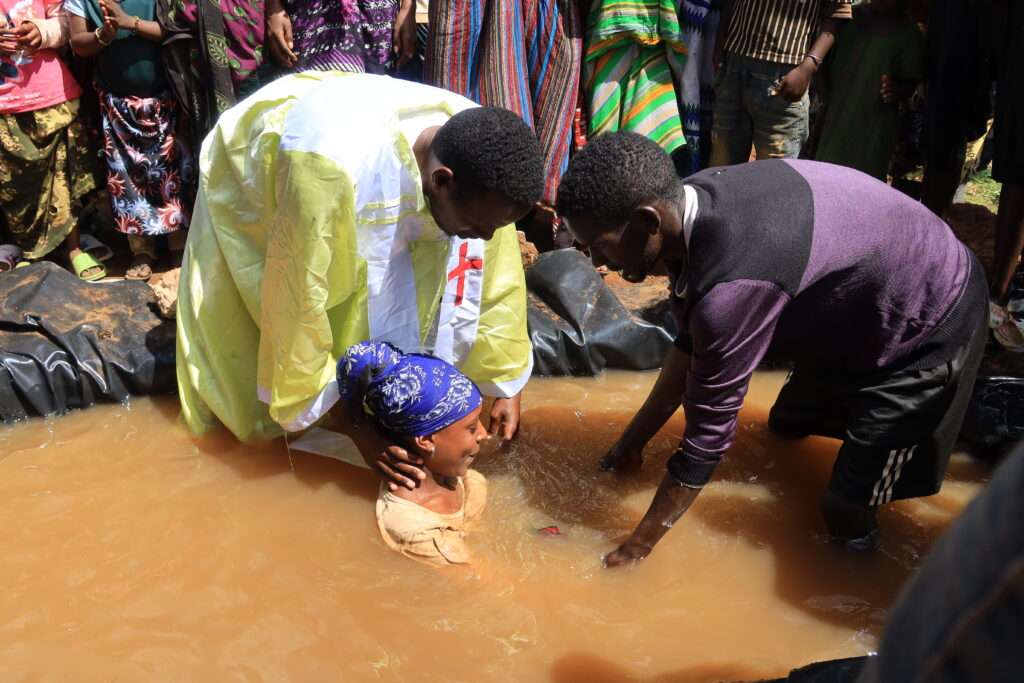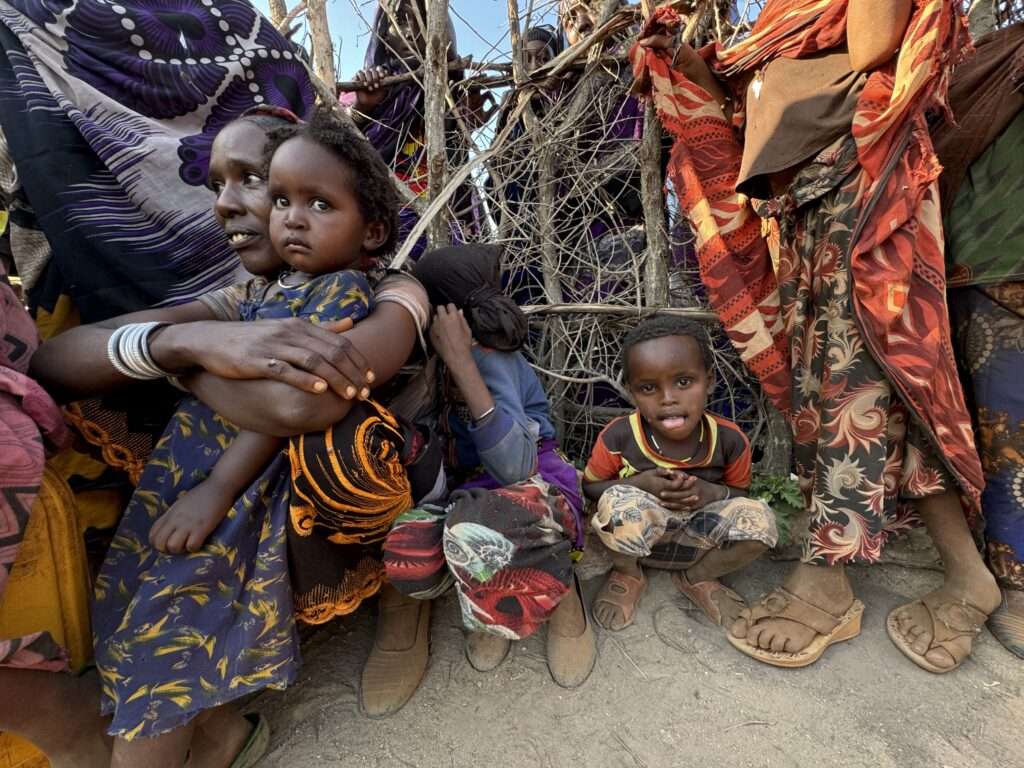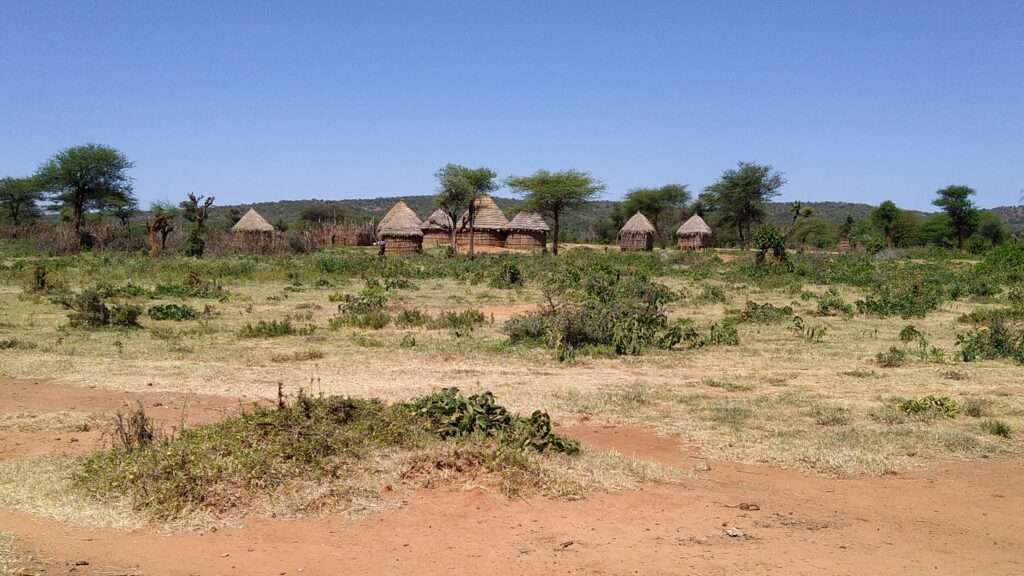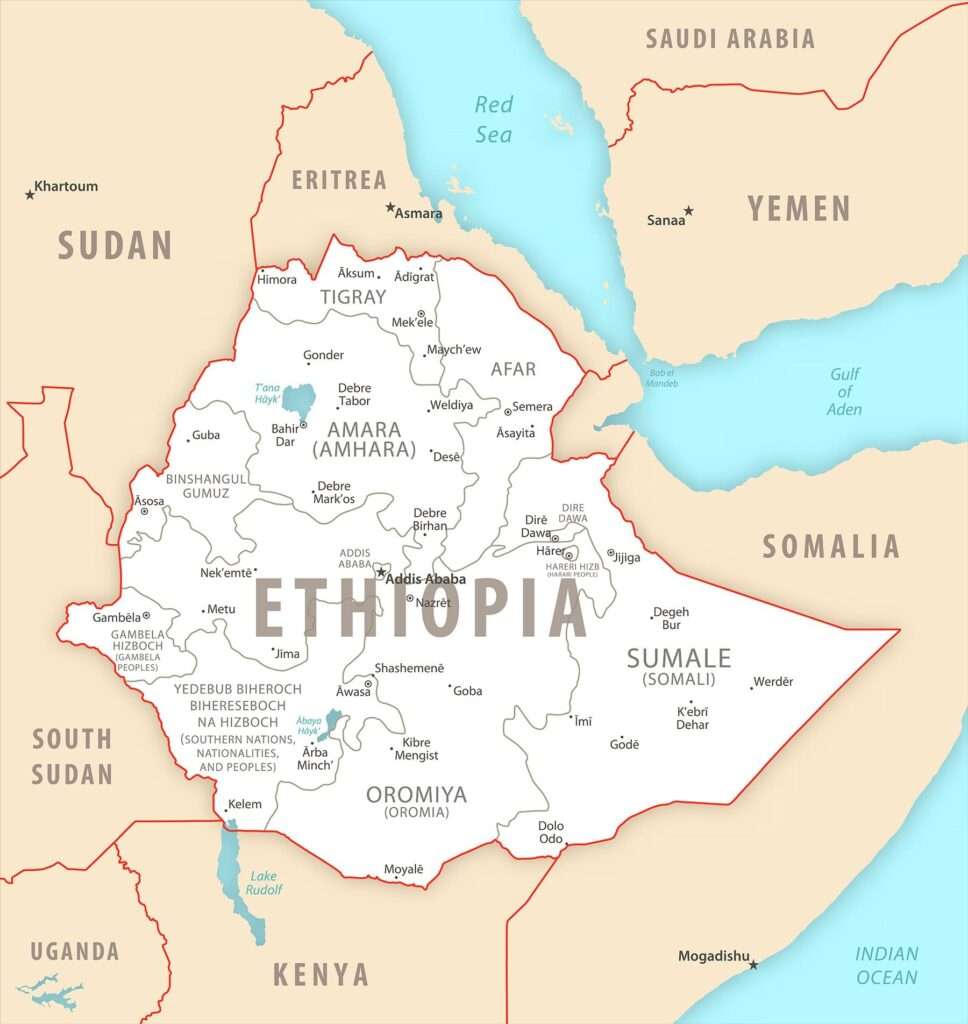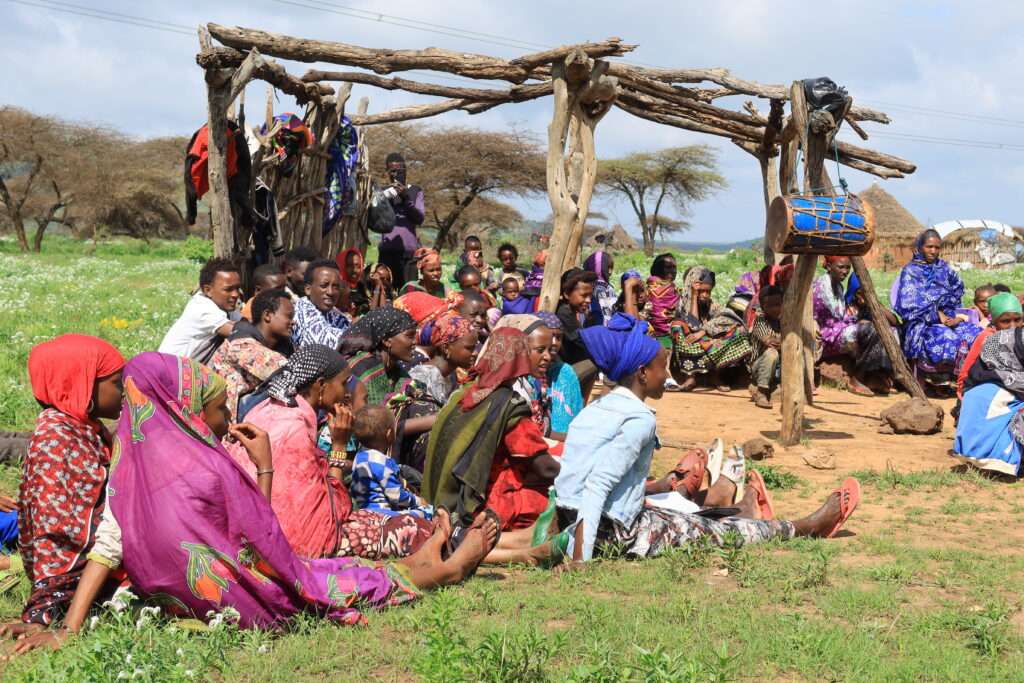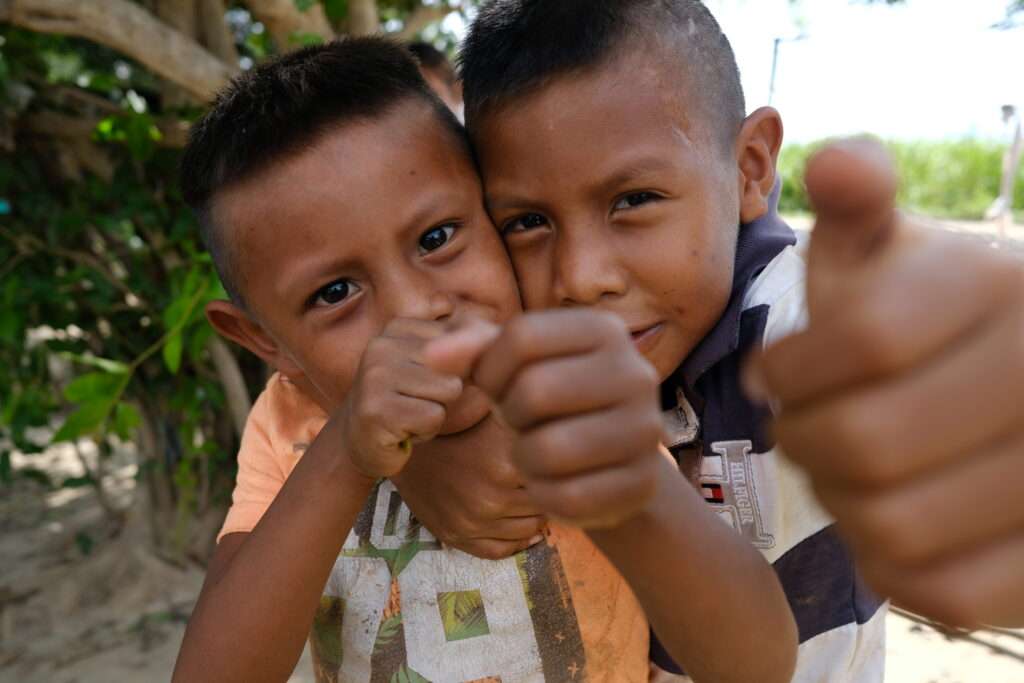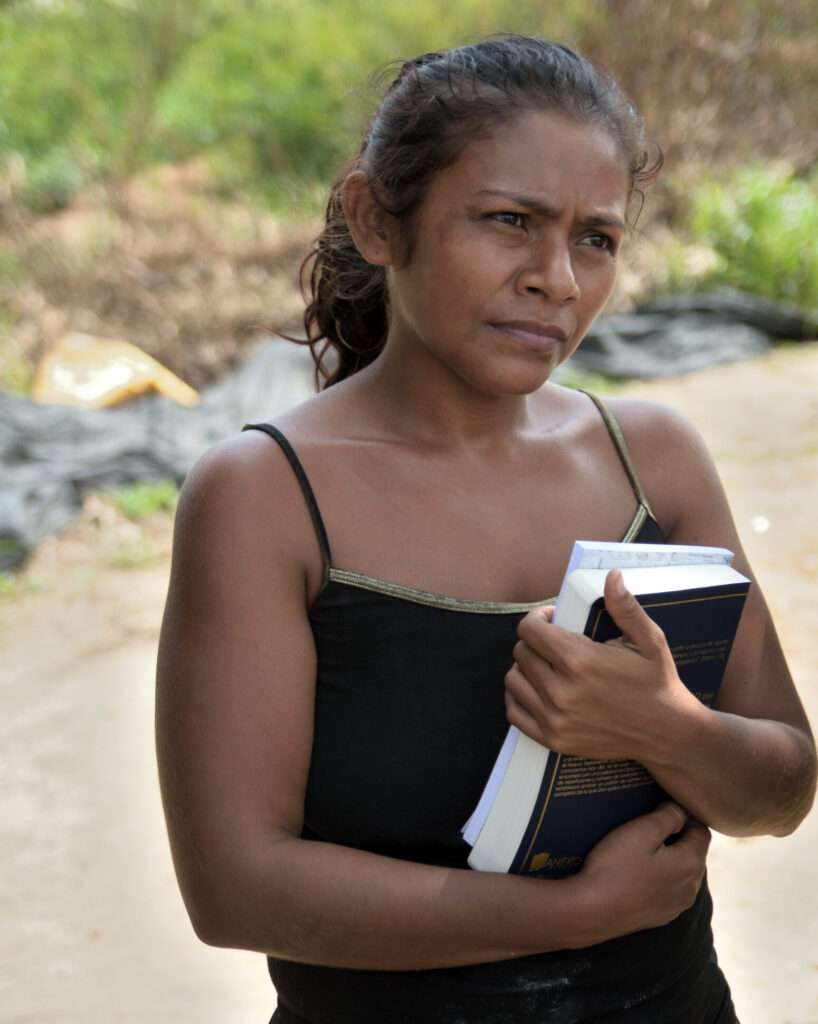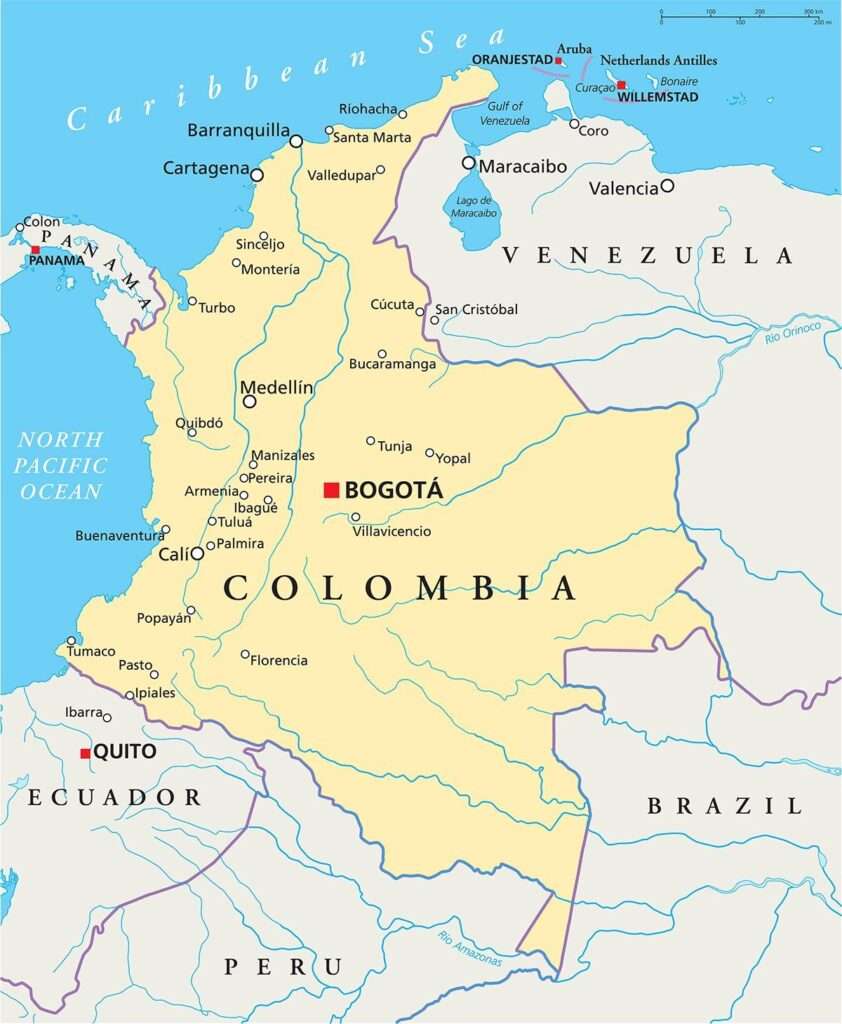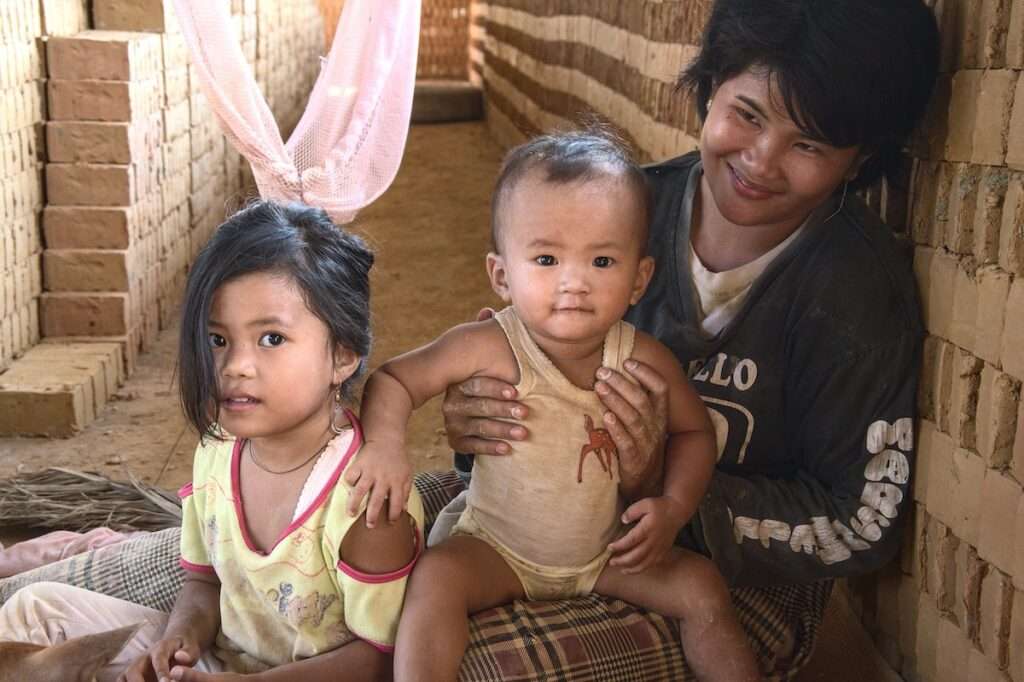JUBA, South Sudan, January 18, 2024 (Morning Star News) – A Sudanese Christian 85 miles southeast of Khartoum has succumbed to his injuries after militants from the paramilitary Rapid Support Forces (RSF) assaulted him, sources said.
Personnel from the RSF, which has been fighting the Sudanese Armed Forces (SAF) since April 15, severely assaulted Karbino Bla in Wad Medani, capital of Al Jazirah state on Jan. 1, following the militants’ takeover of the city on Dec. 18. The motives for the assault were unclear.
Bla, a member of the Sudan Presbyterian Evangelical Church (SPEC), died on Jan. 5 as a result of the injuries, area sources said. He is survived by his wife and an infant daughter.
“This a great lost to the evangelical church in Medani,” a relative said.
Rights organizations and area residents report the RSF has killed civilians, raped women and girls and looted homes and shops since taking control of the state in December.
On Friday (Jan. 12), Muslim extremists from the RSF set a church building on fire in Wad Medani, said area sources, including a SPEC pastor. The blaze destroyed Bibles, hymnbooks, important documents and chairs in the building, he said.
Christians in Sudan fear they are being increasingly targeted, the pastor said.
“There are radical Muslims among RSF,” the pastor said in an online post. “I met some of them in Khartoum and Medani who badly harassed me when they learned that I was a pastor.”
In Open Doors’ 2024 World Watch List of the countries where it is most difficult to be a Christian, Sudan was ranked No. 8, up from No. 10 the previous year. Sudan had dropped out of the top 10 for the first time in six years when it first ranked No. 13 in the 2021 World Watch List.
Fighting between the RSF and the SAF, which had shared military rule in Sudan following an October 2021 coup, has terrorized civilians in Khartoum and elsewhere, leaving more than 12,000 people dead and displacing an estimated 5.8 million others.
Christian sites have been targeted since the conflict began.
The SAF’s Gen. Abdelfattah al-Burhan and his then-vice president, RSF leader Mohamed Hamdan Dagalo, were in power when civilian parties in March agreed on a framework to re-establish a democratic transition in April, but disagreements over military structure torpedoed final approval.
Burhan sought to place the RSF – a paramilitary outfit with roots in the Janjaweed militias that had helped former strongman Omar al-Bashir put down rebels – under the regular army’s control within two years, while Dagolo would accept integration within nothing fewer than 10 years. The conflict burst into military fighting on April 15.
Both military leaders have Islamist backgrounds while trying to portray themselves to the international community as pro-democracy advocates of religious freedom.
Following two years of advances in religious freedom in Sudan after the end of the Islamist dictatorship under Bashir in 2019, the specter of state-sponsored persecution returned with the military coup of Oct. 25, 2021.
After Bashir was ousted from 30 years of power in April 2019, the transitional civilian-military government had managed to undo some sharia (Islamic law) provisions. It outlawed the labeling of any religious group “infidels” and thus effectively rescinded apostasy laws that made leaving Islam punishable by death.
With the Oct. 25, 2021 coup, Christians in Sudan feared the return of the most repressive and harsh aspects of Islamic law. Abdalla Hamdok, who had led a transitional government as prime minister starting in September 2019, was detained under house arrest for nearly a month before he was released and reinstated in a tenuous power-sharing agreement in November 2021.
Hamdock had been faced with rooting out longstanding corruption and an Islamist “deep state” from Bashir’s regime – the same deep state that is suspected of rooting out the transitional government in the Oct. 25, 2021 coup.
Persecution of Christians by non-state actors continued before and after the coup.
The U.S. State Department in 2019 removed Sudan from the list of Countries of Particular Concern (CPC) that engage in or tolerate “systematic, ongoing and egregious violations of religious freedom” and upgraded it to a watch list. Sudan had previously been designated as a CPC from 1999 to 2018.
In December 2020, the State Department removed Sudan from its Special Watch List.
The Christian population of Sudan is estimated at 2 million, or 4.5 percent of the total population of more than 43 million.

